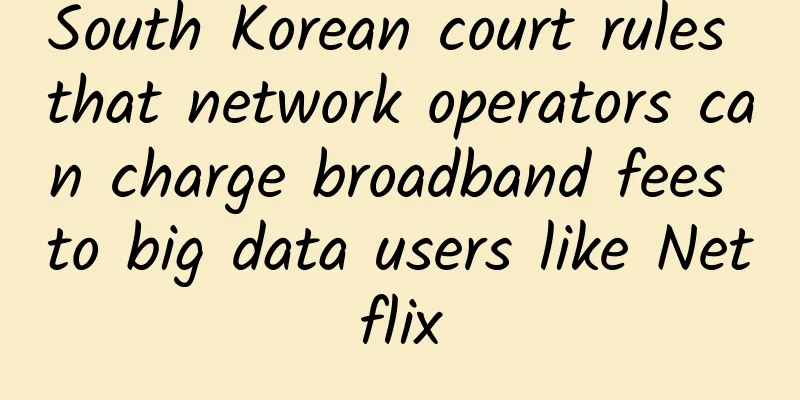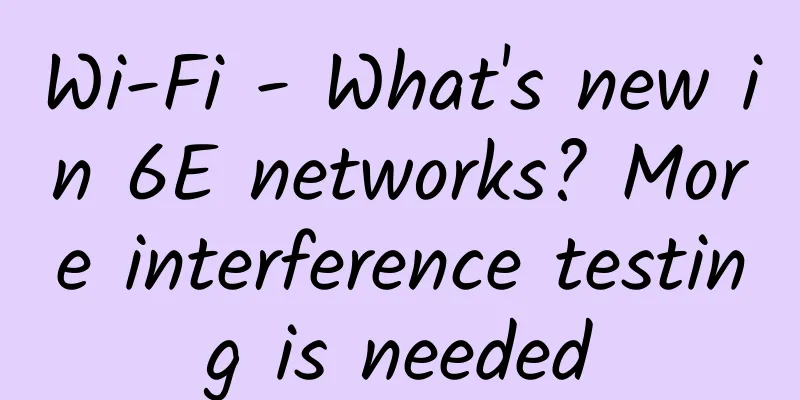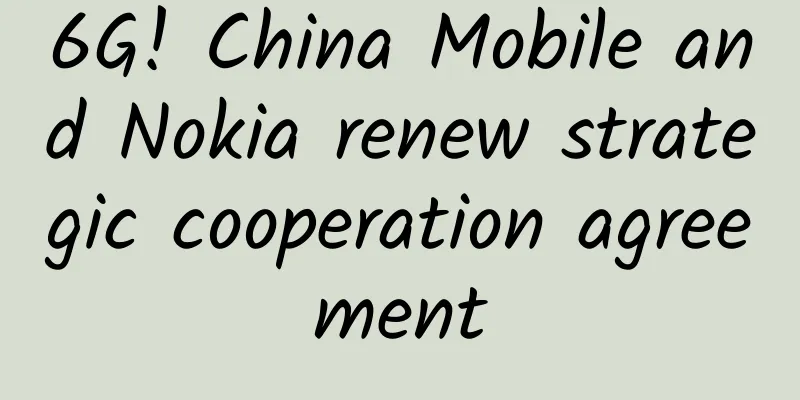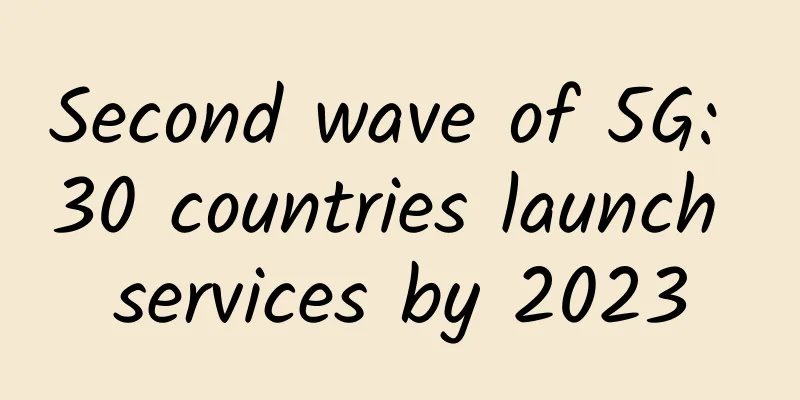South Korean court rules that network operators can charge broadband fees to big data users like Netflix

|
As the video streaming market explodes, a South Korean court has issued a controversial ruling on a case. In 2020, Netflix filed a lawsuit, claiming that South Korean broadband operators had no right to require the platform to pay for users' bandwidth usage. In fact, such a conflict broke out as early as 2014. At that time, ISPs generally complained that streaming services consumed too much bandwidth and asked related companies to pay extra to offset the related costs. (Screenshot via Korean Economic Daily) Streaming sites hit back, saying they were simply fulfilling requests from users who had already paid for the relevant broadband, and that ISPs were trying to "double-charge" them for this. Unfortunately, the Korea Economic Daily points out that the court's latest ruling is not as normative as "you two parties in dispute should figure it out on your own" and fails to protect streamers from the exemptions from such bandwidth fees that they have been fighting for for years. On the other hand, the technical solutions of streaming service providers are indeed somewhat complicated in real-world deployments, and Netflix ultimately pays so-called interconnection fees to facilitate the infrastructure needed to deliver large amounts of data quickly and consistently. Netflix once said that this was essentially a "fast track" surcharge, but in the face of urgent development pressure, they ultimately attributed it to business operating costs. The Korean subsidiary said in a statement that it had not been charged the extra fees claimed by SK Broadband by ISPs elsewhere in the world. It's not clear whether ISPs equate interconnect with caching, or whether these arrangements have changed. We have asked the company for clarification and will update if they respond. Foreign media pointed out that although the problems in the Korean market have not been properly resolved, in the face of huge growth, streaming sites will become increasingly unwilling to pay fees proportional to their development, so the two parties decided to go to court. In the latest ruling, the court believes that "whether a certain fee needs to be paid" is still a matter for the relevant parties to negotiate and decide. For broadband providers, this is obviously a ruling that guarantees a stable income. As for how the subsequent charging standards will change, it is not yet known. However, the Democratic-led Federal Communications Commission (FCC) is likely to push for stronger net neutrality rules. Netflix previously tried to push for the abolition of the fee, but ultimately abandoned the idea. |
<<: Mastering Internet sovereignty in the IPv6 era is a war we cannot afford to lose
>>: China Telecom's Zhang Xin: 5G network co-construction and sharing faces three major challenges
Recommend
When will 5G become mainstream, or is it already mainstream?
Is 5G still waiting for a "killer app"?...
Operators must solve ten problems before they have a chance to defeat WeChat
WeChat's powerful social functions have repla...
Tudcloud: Hong Kong VPS with 20% off monthly payment and 30% off annual payment starting from $7.2/month, with options of large bandwidth or unlimited traffic
Tudcloud has launched this month's regular pr...
MoeCloud New Year Promotion: San Jose CN2 GIA monthly payment 15% off, annual payment 30% off
MoeCloud has launched a Spring Festival promotion...
Evolution of network automation to network intelligence
In the process of industrial digitalization, Inte...
HUAWEI CONNECT 2017 is coming soon. Let's see how the ICT industry will drive the world in 2025 - Huawei's industry vision
Preface Nowadays, the application of intelligent ...
How to smoothly go online after MySQL table sharding?
[[431098]] Purpose of the table During the projec...
Addressing IoT and edge computing security challenges
Edge computing provides computing, storage, and n...
Sharktech: High-security VPS with 10% off monthly payment and 50% off annual payment, $47.7/year - 2GB/40GB/4TB/Los Angeles and other data centers
Sharktech (also known as Shark Data Center, SK, e...
Learn about three of the four types of switch messages in one minute: broadcast, multicast, and unknown unicast
With the development of the Internet, various app...
The world's IPv4 addresses are officially exhausted!
The long-feared exhaustion of global IPv4 address...
RAKsmart: Japan/Hong Kong/US popular cloud servers as low as 10% off $12.15/year, regular cloud servers 30% off
RAKsmart also offers promotions for cloud servers...
The trend of HTTPS and SSH from the growth history of Dongdong
Dongdong wants to visit the xx website, and the u...
HTTP/3 is here! The TCP protocol that has existed for more than 20 years is finally abandoned!
On June 6, Robin Marx, a member of the IETF QUIC ...
When 5G meets new infrastructure, how will edge computing develop?
Edge computing has become one of the hottest tech...









